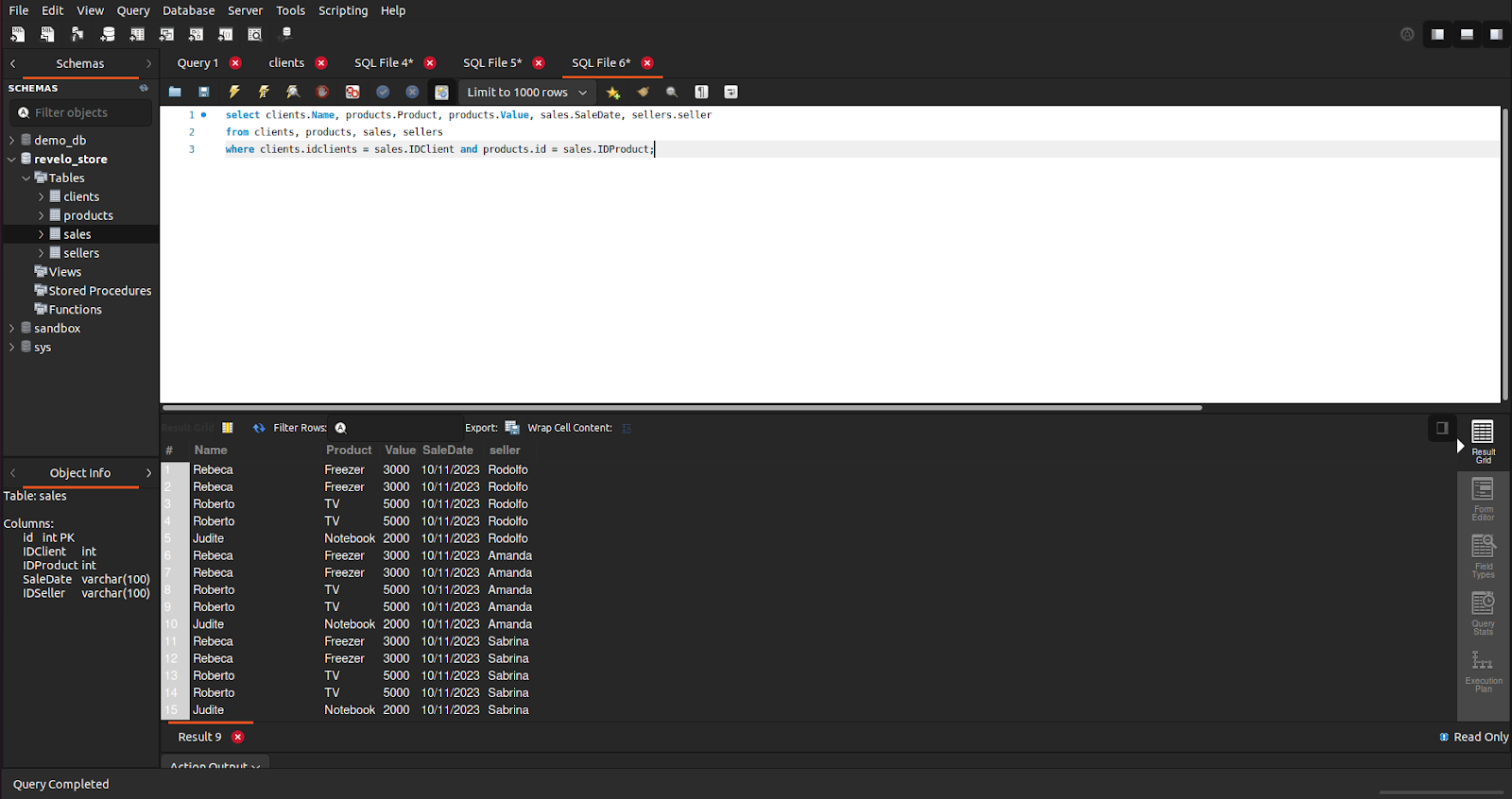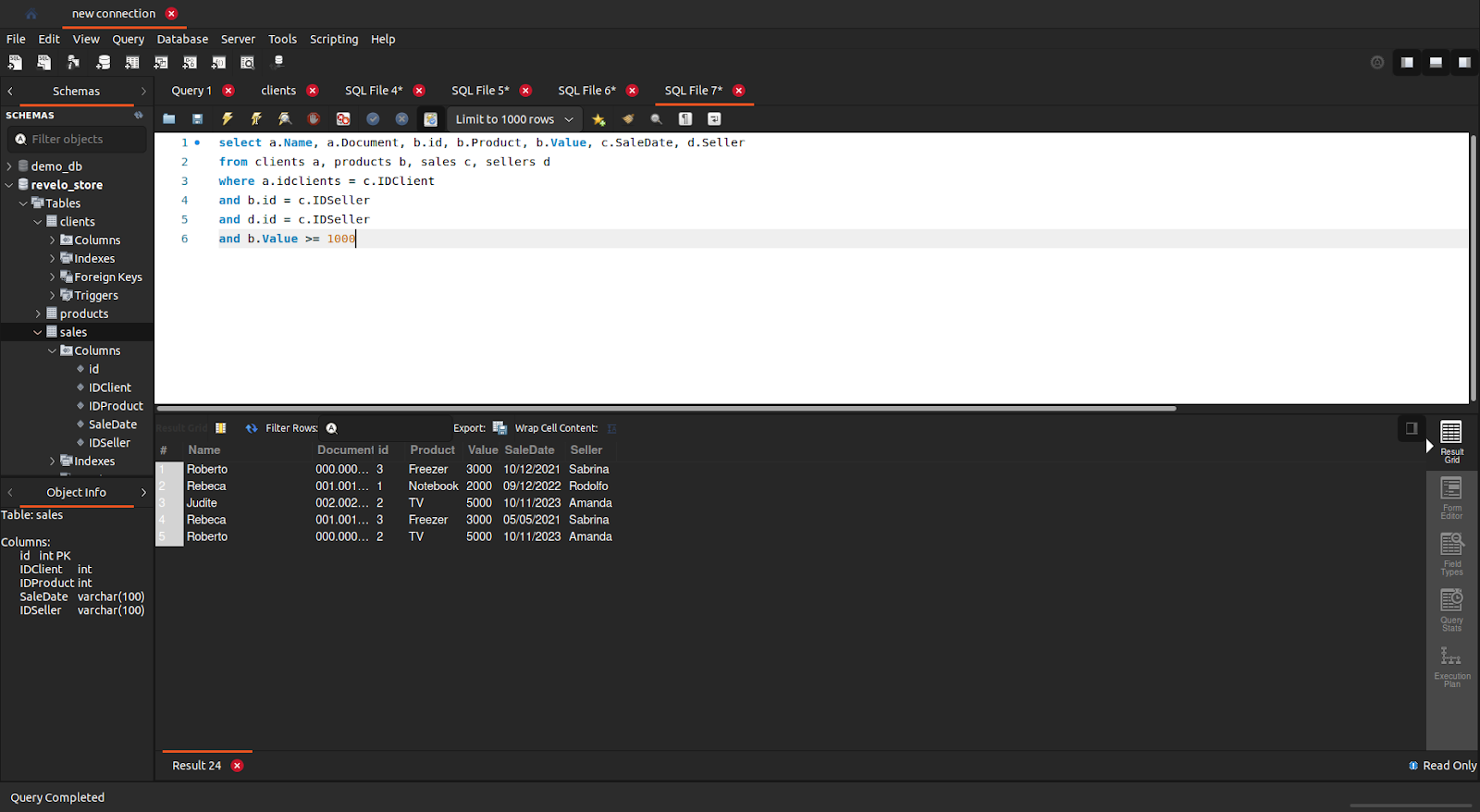Need a neutral data labeling partner? Switch to the #1 provider of fully-managed code human data


Services
Hire Developers
Human Data
Pricing
Use Cases
Customer Stories
Get added peace of mind with Revelo’s risk-free trial. If you’re not satisfied with your hire within the first 14 days: You pay nothing, and we’ll find you a new candidate at no additional cost.










Camila V.
Experience
7 years
AVAILABILITY
Full-time

Antonella V.
Experience
5 years
AVAILABILITY
Full-time

Tomás R.
Experience
10 years
AVAILABILITY
Full-time

Juliana B.
Experience
7 years
AVAILABILITY
Full-time

Larissa M.
Experience
10 years
AVAILABILITY
Full-time
Rigorously vetted for technical and soft skills. Expertly hand-picked for your needs
Work synchronously with developers in the same or overlapping US time zones
Get shortlists within 3 days and hire in as fast as 2 weeks
Go further and reduce the overhead of sourcing, hiring, and talent management
FastAPI | Facebook API | Django REST | Google API | Jira REST API | GitHub API | SoundCloud API
Amazon Web Services (AWS) | Google Cloud Platform (GCP) | Linux | Docker | Heroku | Firebase | Digital Ocean | Oracle | Kubernetes | Dapr | Azure | AWS Lambda | Redux
MongoDB | PostgreSQL | MySQL | Redis | SQLite | MariaDB | Microsoft SQL Server
An SQL developer is a programmer and database professional who uses t-SQL and PL/SQL to manipulate and manage data in relational database management systems. SQL is a popular query language for managing data-driven applications and systems that allow users to fetch, add, delete, and modify data from databases.
Hiring experienced SQL developers offers many benefits, including managing large amounts of data and deriving actionable insights from datasets, which is crucial for effective ETL (Exact, Transform, Load) processes. However, hiring the ideal SQL developer is challenging, especially in a competitive hiring market. Because SQL developers work with high-level data analysis, it’s critical that organizations hire SQL developers with the technical skillset to get the job done right as well as the requisite soft skills to be entrusted with business intelligence.
SQL development involves using SQL to design, create, and manage relational databases, which store data in a tabular form. It also involves designing tables, defining relationships between rows and columns, inserting and manipulating data, fetching data through queries, and creating data-driven systems, dashboards, architecture, and applications.
SQL development helps organizations manage large amounts of data, create reports, and give actionable insights, especially when working with ETL processes. These features boost data management capabilities and help management make decisions that improve business operations. SQL development is used in many industries, including finance, marketing, retail, healthcare, software development, and telecommunication.
Companies use SQL development for various projects that require storing, retrieving, and manipulating data. Examples include:

SQL (Structured Query Language) is a query language largely used for database management and is essential for DBA (database administrator) roles. SQL offers an easy way for programmers to manage data input and output and is also used in cloud services like AWS.
SQL developers create relational databases instead of storing information in a Word document. Developers then use SQL to manage these databases by manipulating data, searching for specific information, and performing SQL queries for data modeling.
Although SQL is not a database, this query language is often considered when companies restructure database design. MySQ, developed and maintained by Oracle, is one of the most commonly used SQL database management systems. The Microsoft SQL Server database framework provides similar capabilities, though using either of these databases first requires a background in SQL.
Both the American National Standards Institute (ANSI) and the International Organization for Standardization have determined that SQL is the standardized language for regional database communication. Because of this, the majority of database management systems are developed with the SQL query language in mind. After hiring SQL developers, companies are in a stronger position to manage and manipulate large data sets.
Some of the top benefits of SQL include the following:
SQL developers are in the business of big data. Whether they work for e-commerce companies or major tech industries, the main role of SQL developers is to build databases and run queries so that company decision-makers understand the vast quantities of data at their disposal.
Some of the main things SQL developers do on a regular basis include:
SQL is also crucial for managing data storage and retrieval in mobile app development, and it seamlessly integrates with platforms like Android.

Figure 2: A query in which customer ID must be equal to the sales table ID, the product ID must match the sales table, and the sale value must be greater than or equal to 1000.
SQL is a relatively straightforward declarative query language. But that doesn’t mean that SQL developers need fewer technical skills than other programmers and developers. SQL development and database management rely heavily on optimization within other programs. SQL developers need to be well-versed in these other programs and their languages.
At a minimum, SQL developers should have experience working in specific development environments like Oracle SQL Developer, as well as a working knowledge of at least one application language, such as Java, JavaScript, Python, or R. Stand-out applicants may also have a background using Unix, Batch, or Windows Batch Scripts.
SQL developers may also need to collaborate within the IT department and with experts from other teams, including marketing or operations. Because of this, SQL developers should have excellent communication skills, including an ability to explain technical processes in a non-technical way. And because SQL developers work with critical business data, prioritize applicants with a proven track record of trustworthiness and a strong data security background.
Although SQL is, in and of itself, a query language, SQL developers can’t get by if it’s the only programming language they know. SQL interacts with a number of different languages and libraries, allowing SQL-based databases to integrate with many different programs.
Build your remote software engineering team in any tech stack. Our talent pool of senior software developers are pre-screened across 100+ skills.
Looking for work? Apply here
Yes, if for any reason you find the developer you hire isn't a good fit within the first 14 days - you pay nothing or we can find you a replacement at no additional cost.
Hiring a full-time developer through Revelo is a simple 3-step process. First, you tell us your hiring needs. Second, we match you to the best developers within 3 days. Third, you interview the candidates you like and hire the one you like most.